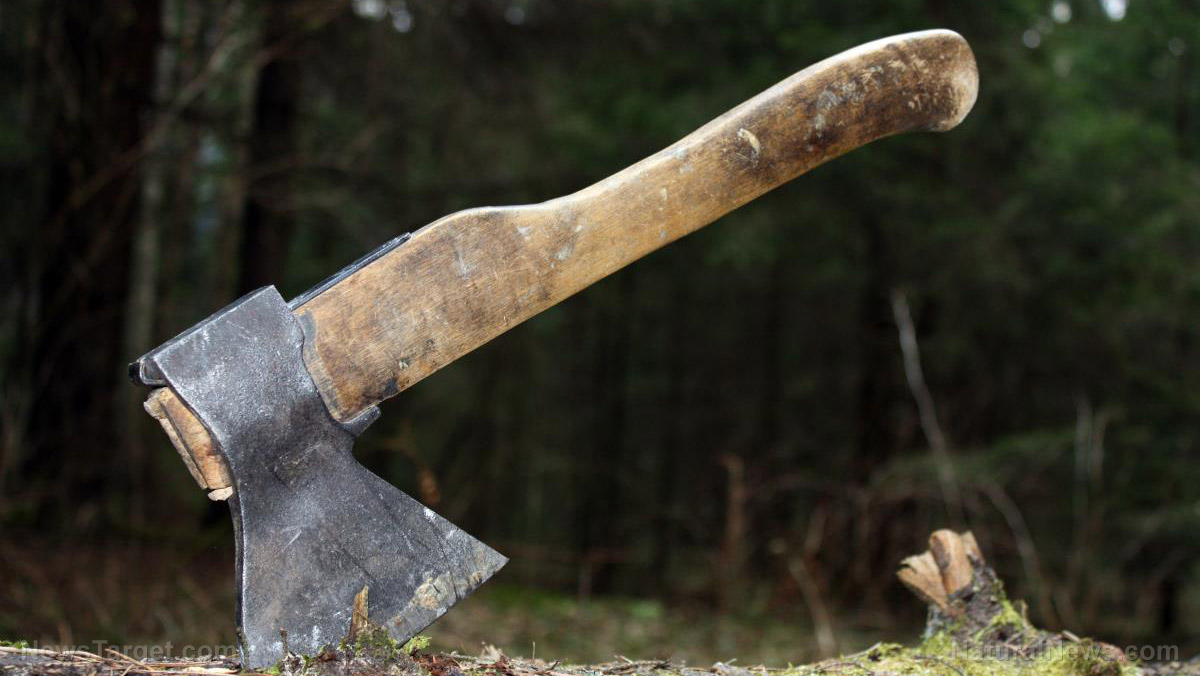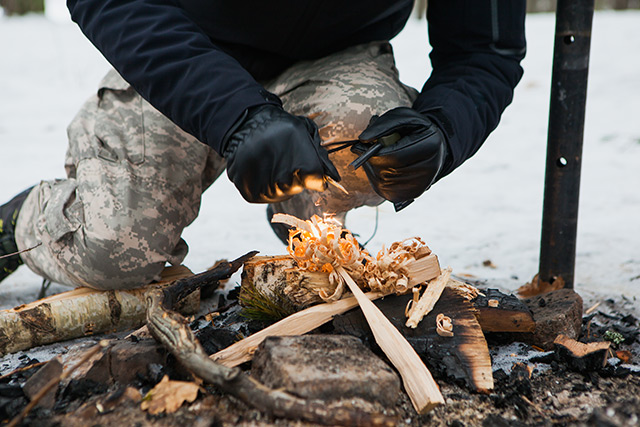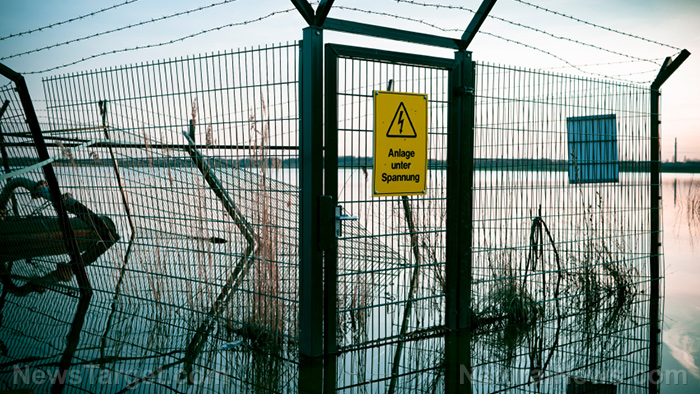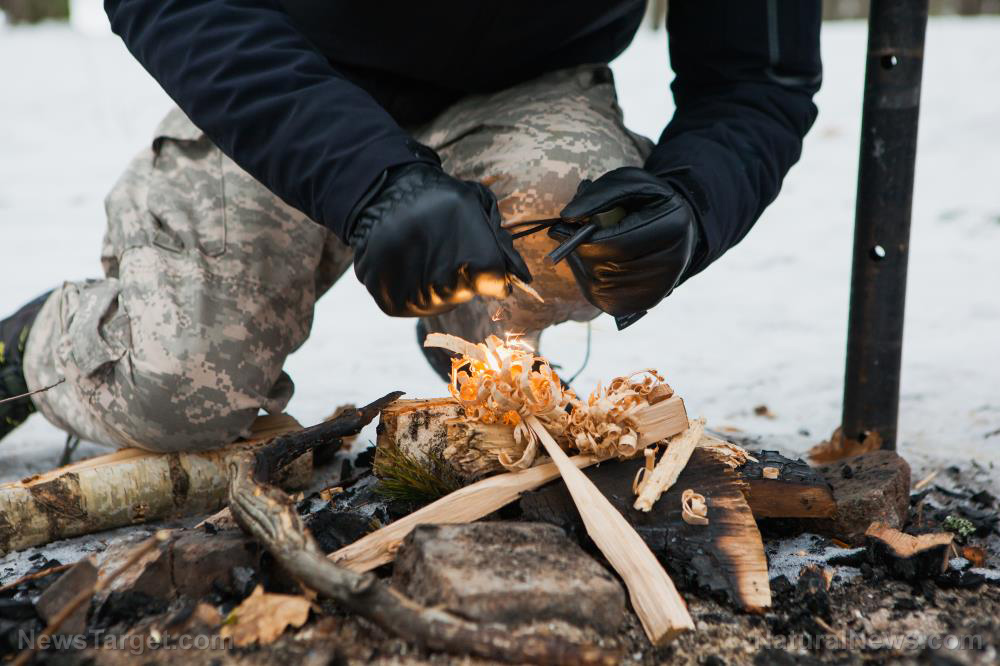Develop these daily habits that help you prepare for emergencies
08/20/2018 / By Zoey Sky

It’s crucial to prepare for emergencies, but there are those who feel overwhelmed when faced with various aspects of prepping that might seem like second nature to seasoned survivalists. If you’re not sure how to start prepping, follow the tips below so you can get ready for emergencies. (h/t to ApartmentPrepper.com.)
These tips can also help make everyday living easier and more efficient:
- Fill up your gas tank, or at least leave it half full. Never let your gas tank run all the way down to almost empty. You’ll only stress yourself out, especially if the arrow on your gas tank indicator hovers dangerously near that “E.” At most, you can leave it a quarter empty. With enough gas in the tank, you can drive out of the city during an emergency. If the gas lines are too long, you won’t need to up immediately.
- Hide some emergency money at home. Debit cards are convenient, but when banks suffer from a glitch or if there’s a power outage, you won’t be able to access your funds. Keep some money at home so you can at least buy food or other supplies during an emergency. (Related: Urban homesteading: Prepping tips for those who live in apartments or have limited space.)
- Prepare a hard copy of all important documents like your phone contacts. An address book will help you keep track of important contact numbers. You can also use it to record the numbers of family members, especially if you’re bad at remembering things. This way, you can always contact them even after SHTF and your cell phone’s battery has died.
- Rotate the food in your pantry or stockpile. When buying extra food for your emergency supplies, pay attention to the expiration dates. “Rotate” the food and consume them before they expire. Never go all out during sales and only buy food that your family enjoys eating. Buying items no one likes will only be a waste of money.
- “Two is one, and one is none.” Never let your pantry or stockpile run out of items that you constantly use or consume. If everyone in the family loves to eat beans or rice, buy two bags when you’re at the store. Do the same thing with supplies like toilet paper, and don’t wait until you’re almost out of something before you purchase more. This habit ensures that you’ll never run out of anything, and if a storm hits, you’ll have enough food to last the whole family for a while.
Practicing these five habits won’t cost a single cent, but it can help you prepare for different disaster scenarios. Staying prepared ensures that you can take care of your loved ones even when SHTF.
Other prepping habits to practice
Here are three other prepping habits that can help you prepare for the worst:
- Encourage sustainability — Recycle, reuse, and live a minimal lifestyle. By minimizing your wants and prioritizing your needs, you can avoid being wasteful.
- Learn to live without — Even preppers have a hard time with this habit, but living without modern comforts can help you prepare for emergencies and survival scenarios. When the power runs out, you won’t have access to air conditioning, heat, or the internet so learning to live without basic amenities can prepare you for a long-term power outage or an emergency evacuation.
- Practice — Practice your skills along with some prepping drills, so everyone in the family knows what to do when disaster strikes.
Visit Disaster.news for other articles with prepping tips so you can stay safe when SHTF.
Sources include:
Tagged Under: bug in, bug out, bugging in, bugging out, bugout bag, Collapse, disaster, emergencies, multipurpose survival tools, off grid, preparedness, preparedness and survival, prepper, prepping, prepping habits, prepping tips, self sufficiency, self-reliance, self-sustainability, SHTF, survival, survival skills, survival supplies, Survival Tips, survival tools, survivalist



















